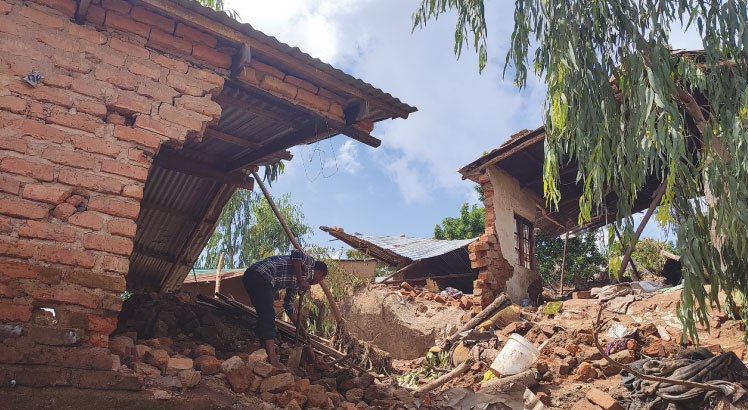Unleashing economic power of forest

Forest and farm producers have drawn up a ‘road map’ for supporting forest producer organisations as the socially just and environmentally sustainable way of addressing global deforestation. The plan is an outcome of a conference, aptly named ‘Strength in numbers’, which took place in Guilin, China from 25-28 November 2013. It gathered 150 participants from many forest-related sectors, countries and regions to discuss the role of producer organisations in sustainably managing forests and generating income at local, national and regional levels. “As a group, local forest producers play a major role in global trade, and yet are often overlooked when we talk about the role of the private sector in forest landscape management and restoration,” says Chris Buss, Deputy Director of IUCN’s Forest and Climate Change Programme. Many of the obstacles that producers face can be overcome by forming organisations and supporting each other at a practical and political level.
Despite the differences between participants, there were many clear areas of consensus or, as FAO’s Jeffrey Campbell, manager of the Forest and Farm Facility, concluded “there are many roads but one map” and although “forest and farm producer organisations each have unique characteristics according to country, context, stage of development, product or enterprise, size, gender of members, cultural character and so on, they face a number of common challenges as well as solutions [to these challenges].” A statement containing recommendations for donors, governments and producer organisations themselves, was developed and agreed by participants. This will serve as the ‘road map’ for strengthening producer organisations in future, with participants taking the recommendations back with them to their own countries.
A key recommendation was that all forest producers, regardless of the size and location of their forests, should have access to the services they need to develop successful forest-based enterprises. Forest producer organisations themselves can help deliver such services through partnerships with NGOs, consultants, private companies, government agencies and development agencies. Finally, the statement underlines the need for governments to implement reforms to ensure that indigenous peoples, local communities and private smallholders have secure tenure of their forests, land and trees. Governments also need to ensure that national and sub national legal and institutional frameworks encourage the development of producer organisations.
The ‘Forest and Farm Facility’ (FFF), which seeks to promote sustainable forest and farm management by supporting producer organizations at all levels to engage in policies and investments that meet the needs of local people, was one of the co-organisers of the event.—IID





